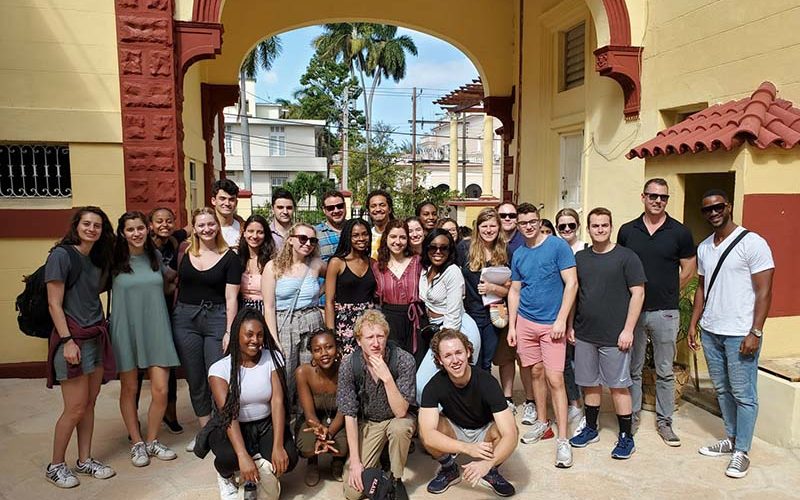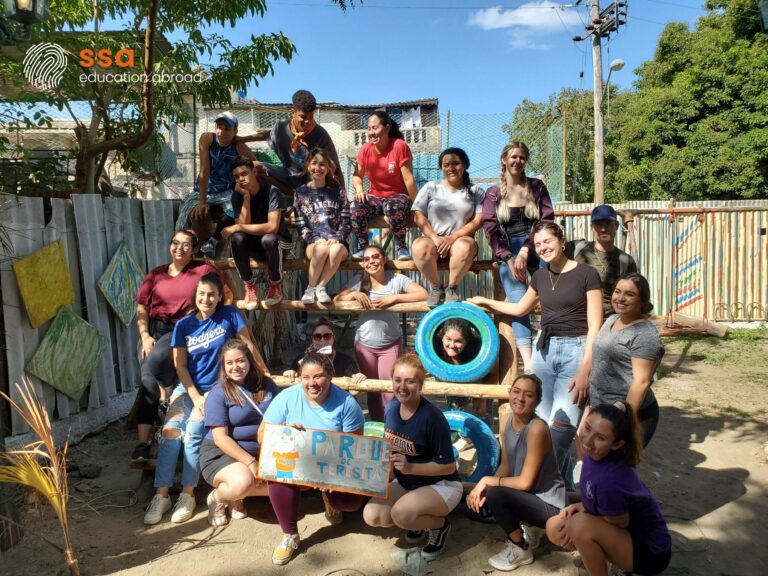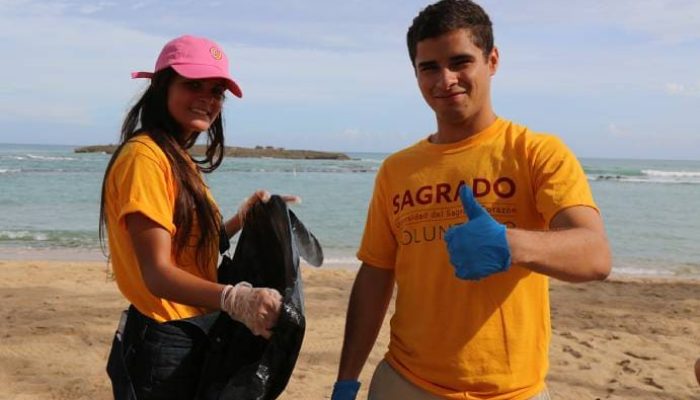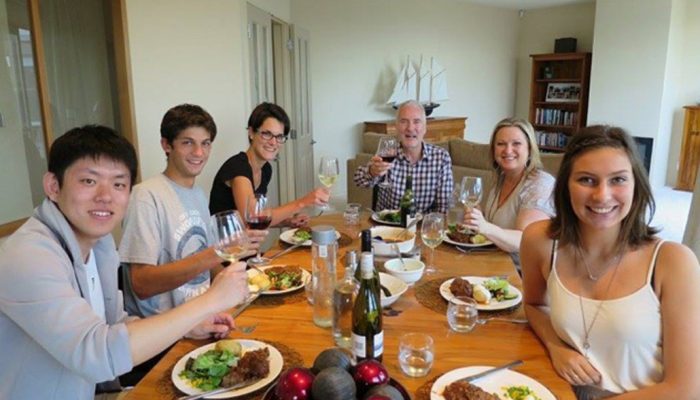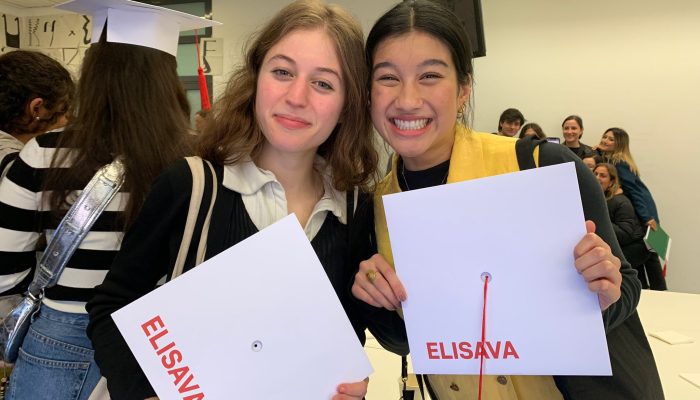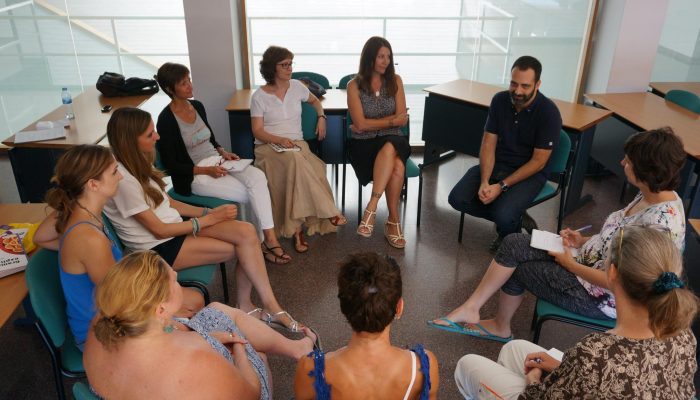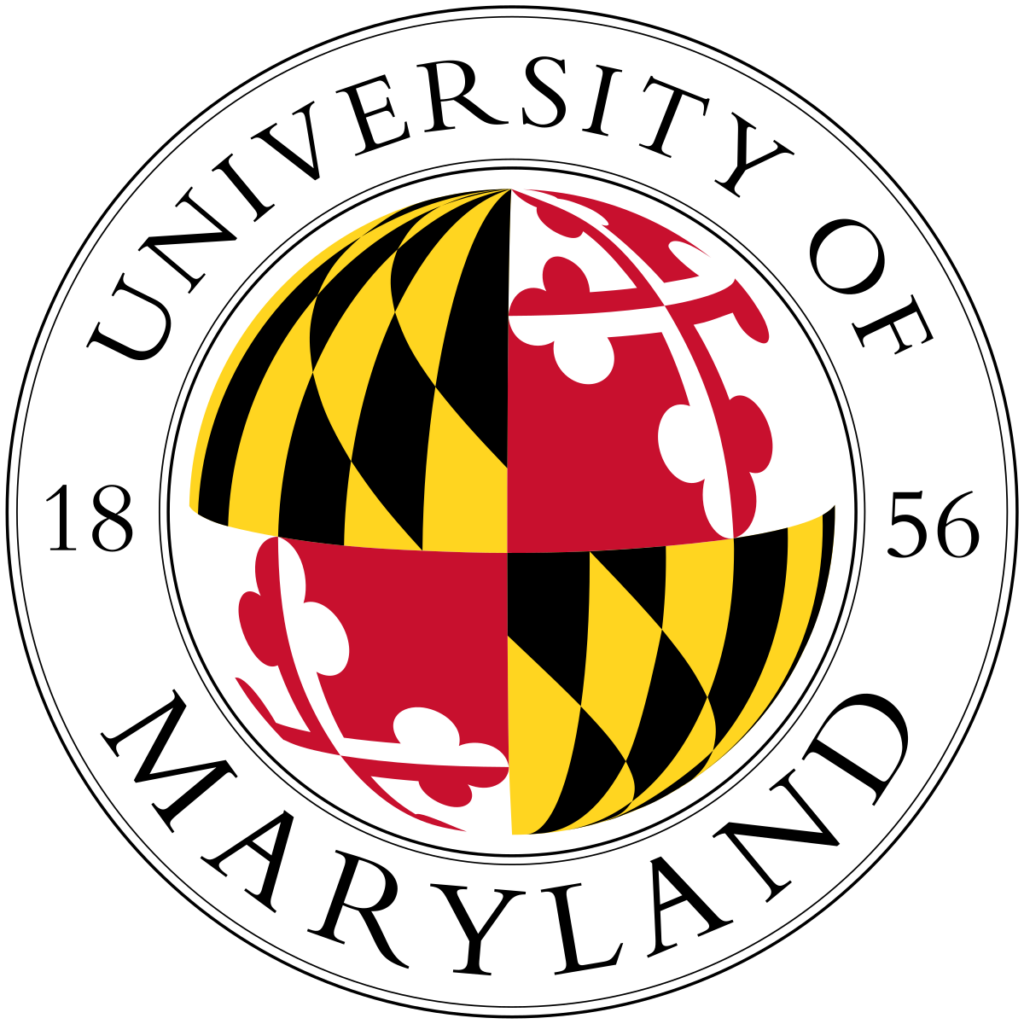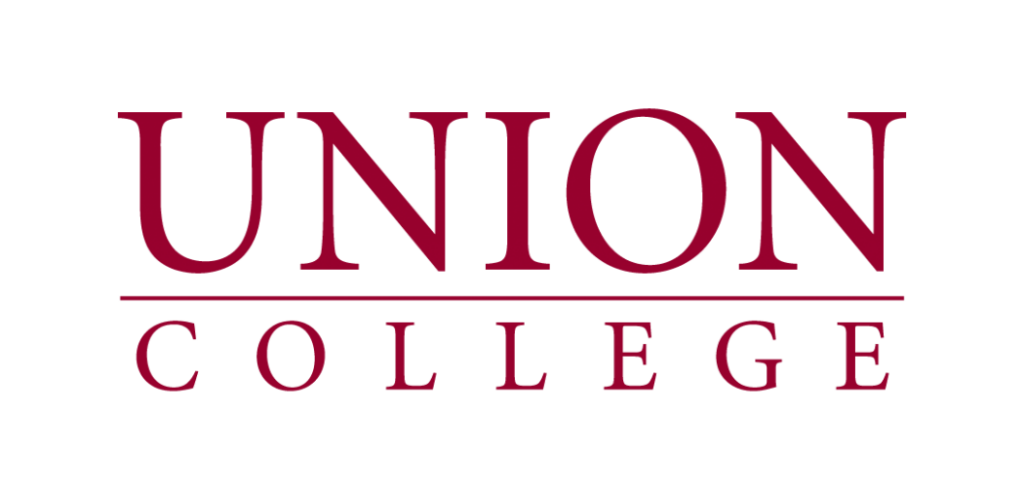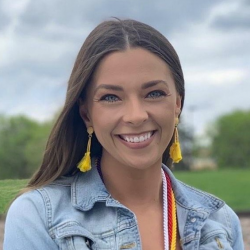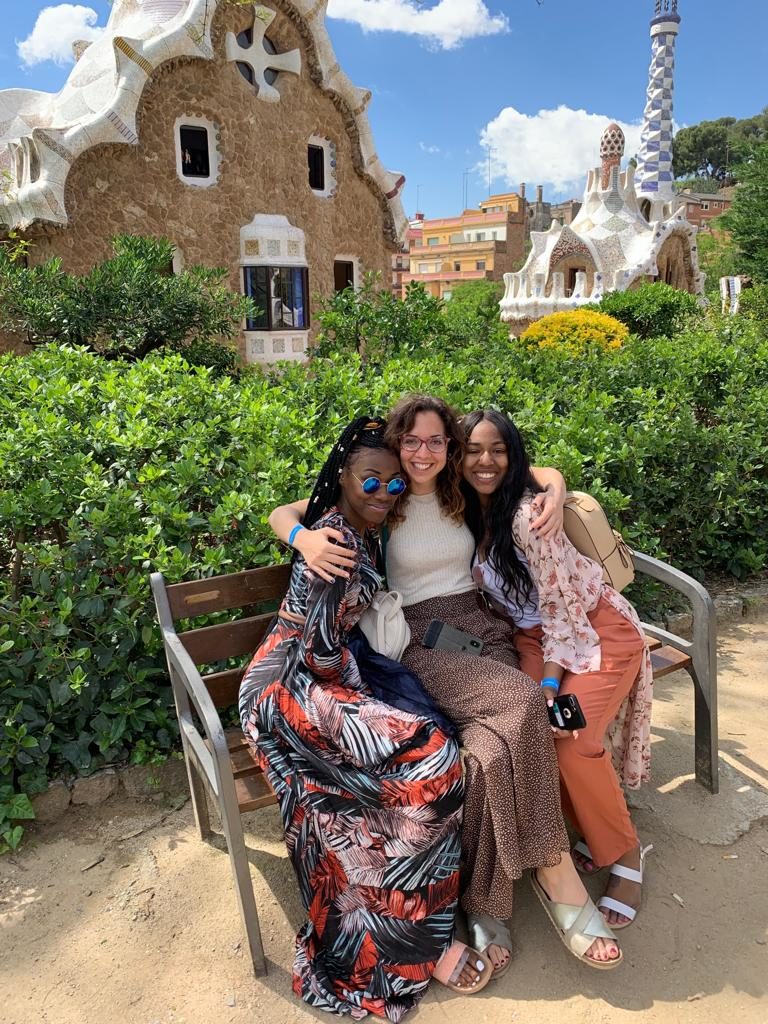American colleges and universities find Cuba to be a fascinating destination, and logically so. The island is close to the USA but represents such a different reality that it provides a valuable learning opportunity for American students.
While it is entirely legal in both countries to travel for an educational purpose, there are restrictions and many complications involved. This entry will discuss why Cuba is a great destination and why it is essential to find an organization that can organize the details for you.
Why is it so complicated to arrange group travel to Cuba?
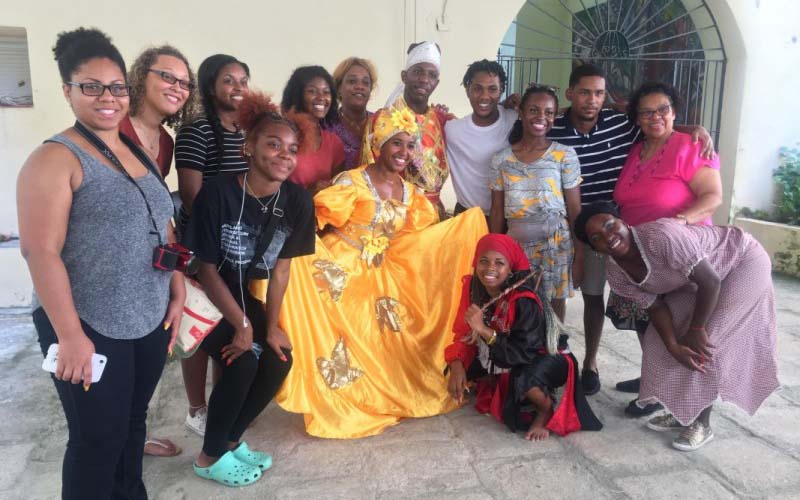
The short answer is related to the US embargo – perhaps more accurately called a “blockade” – on many commerce types with Cuba. It means that US credit cards – often used to reserve services on a custom faculty-led trip – cannot be used.
Additionally, the US government restricts the use of many hotels on the island because they’re considered the Cuban government’s property, so housing is a problem. It means that most Americans are restricted to staying in designated “casas particulares” or rooms in private homes.
And finally, communication is problematic because the Cuban government restricts internet access through paid cards and designated hot spots. It is very unusual for a Cuban citizen to have regular access to email, texting, and other internet services.
And how do you know whom to trust for reliable transportation? The chances are that you don’t have a local contact, and you won’t find online reviews.
So, you can’t book with your credit card, can’t stay in most hotels, and even getting in contact with service providers such as bus companies, or owners of casas particulares is nearly impossible. What can you do?
So what is the answer?
Arrange your custom faculty-led program through a study abroad provider with an office and staff on the ground in Cuba
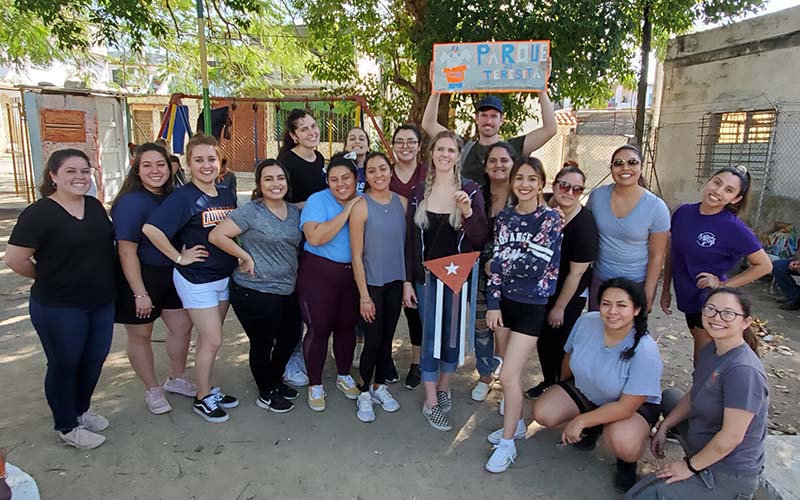
Spanish Studies Abroad has helped dozens of universities set up meaningful short-term travel through its Havana office.
Most of this has taken place during pauses in the typical academic calendar, such as winter break, spring break, or at the very beginning of summer break. Trips are often 7 to 10 days and can cover a wide range of topics though they can be as long as the college needs.
A service with an office in Cuba can worry about the financial transactions – the college pays an invoice to an American bank account. They can also provide a network of homestay families screened (and often have hosted many international students), where students can receive room and board during their time in the country.
A provider also makes sure to reserve essential services such as bus transportation and airport transfers. They can reserve times at key museums, book lecturers, and performers and help shape your group’s itinerary to be interesting, realistic, and appropriate for your academic purposes.
Providers such as SSA also provide local bilingual guides to accompany the group.
Keep in mind that a transaction such as reserving bus transportation in the USA might involve a couple of telephone calls and maybe a credit card transaction.
In Cuba, the same transaction might involve five personal visits by a staff member to the bus company’s office in Havana, including cash payments to reserve your bus. There is almost no way to accomplish this from the USA because of your credit card’s communication issues and blocks.
The other important function of working with a local service for your logistics? Problem-solving. As hard as we try, things don’t always go as planned in Cuba – or many other places – so having a local team work out solutions effectively is key to a successful trip.
It is also helpful to have local knowledge to propose alternatives when what you planned is no longer available.
What types of programs and activities do US programs schedule in Cuba?
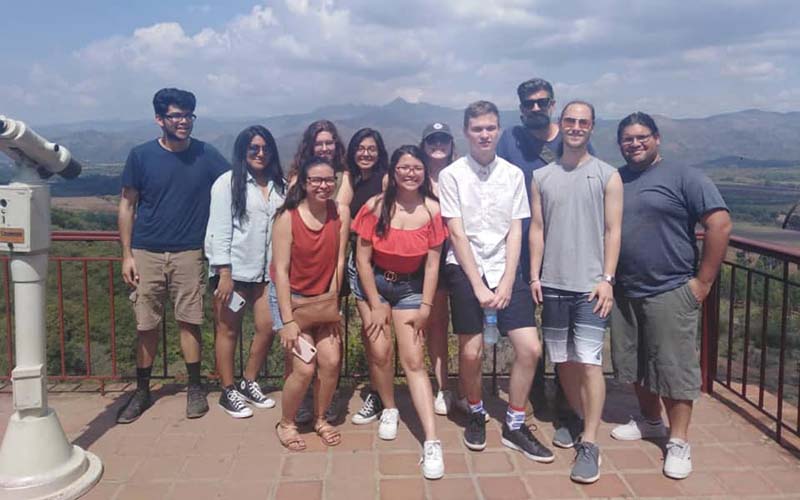
Keep in mind that most custom faculty-led programs don’t just do one single type of activity. Our experience has been that they have an overarching theme, but they still want students to experience life in Cuba through different excursions and activities.
Here are some of the standard components found in programs that we have helped to organize:
- Politics & History — Many programs wish to see the Cuban Revolution and the history of the relationship with the USA through Cuban eyes. We often tour museums related to the revolution and arrange lectures with political scientists and historians to show the Cuban perspective.
- Service-learning – many programs involve some charity project, such as rehabbing an area to turn it into a children’s park. California State University – Fullerton did this with two different groups on a lot now named “Parque Teresita.” It’s a good chance for students to mix with locals and roll up their sleeves to make a difference.
- Culture – Cuba is teeming with curious cultural traits and many musical genres. Students can have guest performances, dancing lessons, art tours, and visits to museums. Many groups are interested in the blending of different cultural influences in Cuba, such as Afro-Cuban culture.
- Spanish language – Some faculty-led trips are for students taking Spanish language. Classes can be arranged, and tour guides and homestay families are great practice partners to be immersed in the language.
- Economics – Cuba has diversified its economy and has opened it up to small businesses, which bring dynamism to the country. Students can visit markets, small stores, tobacco farms (which can have a fascinating blend of public and private sector involvement), and private mechanic shops, which restore Cuba’s famous pre-revolution classic cars.
- Health / Public Health – Because Cuba has managed to provide universal health care and a medical system of some renown despite meager resources, many universities are interested in exploring these fields.
- Fun in the tropics! – It’s not usually all academics. Most groups want time to visit Cuba’s beautiful beaches or ride horses in beautiful Viñales National Park. Plus, tourism is the primary source of hard currency in the economy now, so experiencing that sector is a valid exercise. Baseball truly is the national pastime in Cuba, and the passion that it evokes makes games an exciting spectacle for visitors.
Pitfalls – what mistakes can you avoid?
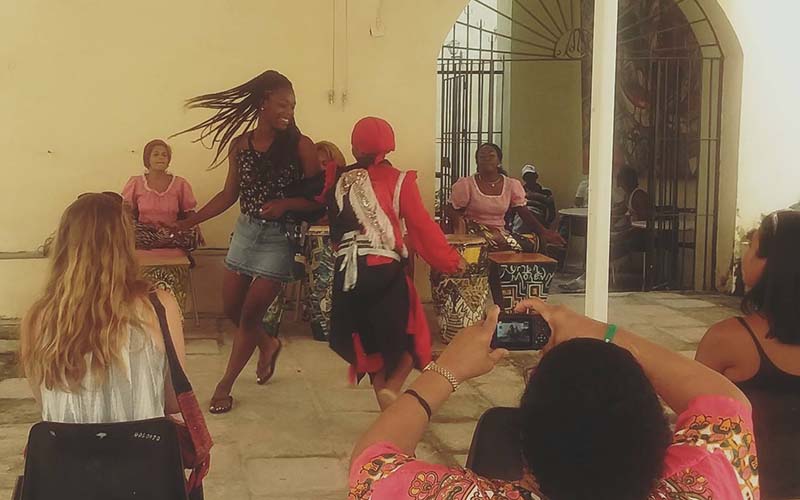
The most complex issue is trying to change the agreed-upon itinerary late in the process or even after arriving in Cuba. It sometimes happens because of communication issues between a university’s study abroad office and the professor who leads the trip.
Sometimes the professor has not been overly involved in the advanced planning and so doesn’t realize that developing the itinerary has involved multiple people over several months.
Not only is it impractical to make changes upon arrival, but your in-country team has probably paid deposits to venues, museums, and transportation companies. That is either asking the university, the participants, or the local service provider to pay more, and none of those options is fair.
Another mistake to avoid is to fail to orient the students properly before they leave. Your provider can help with that – Spanish Studies Abroad can even help with orientation materials.
Students need to understand the program’s features to avoid misunderstandings.
Students need to understand the realities of things in Cuba, such as their Caribbean diet, different meal times, not-always-modern facilities, and the fact that you can’t stay glued to your phone all the time.
Life is different in Cuba – that’s why you selected it – but preparation for these cultural takeaways can start at orientation. Sunscreen and sturdy walking shoes are good places to start your school’s conversation about packing.
It’s discussed in the orientation, but it is essential to know that you need US dollars, in cash, for your time in Cuba. You cannot show up and expect to use an ATM the way you might in many countries. It’s due to the banking embargo. So make sure that everyone knows how much cash they will need.
One area that has caused some chaotic arrivals has been communication of flight changes and cancellations. Everyone in the group should have a clear plan about how and why to contact your organizers in Cuba due to delayed, canceled, and rescheduled flights.
It may be using email or WhatsApp, but the traveler should keep their contact in Cuba updated to arrange airport transfers.
The most important part of orientation might be to inspire students to travel with an open mind. Cuba can teach many things to travelers – many SSA students say that they learned to relax and “unplug” while they’re there – so we hope that students can be ready for these lessons.
Cuba will surprise you
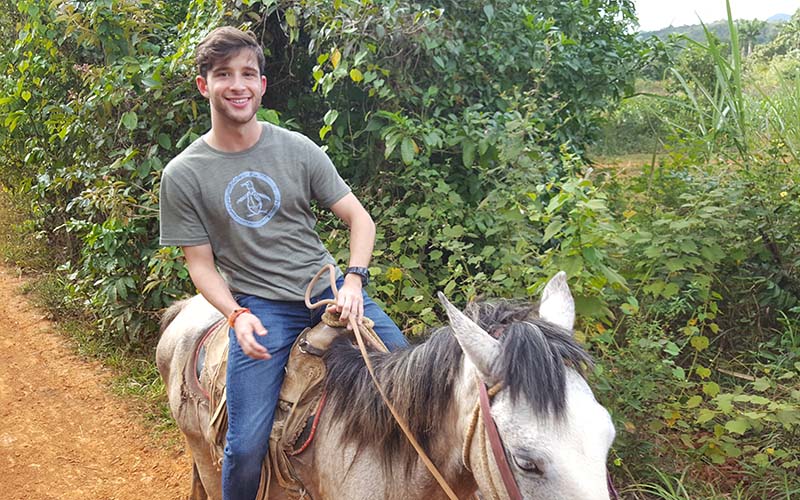
In some form or fashion, Cuba will surprise and impress travelers even if they’re there for only a week. It may be the warmth and hospitality of Cuba’s beautiful people or how they laugh and enjoy life with few luxuries.
It may teach you that you CAN get by without uninterrupted wifi access. Students love Cuba, and educators find that it does what you hope for in a study abroad destination — it helps you see the world through different filters.
We encourage you to contact Spanish Studies Abroad’s Custom Programs team or send a note to customprograms@spanishstudies.org if your school is considering a customized travel program to Cuba, Spain, Puerto Rico, or Argentina.


